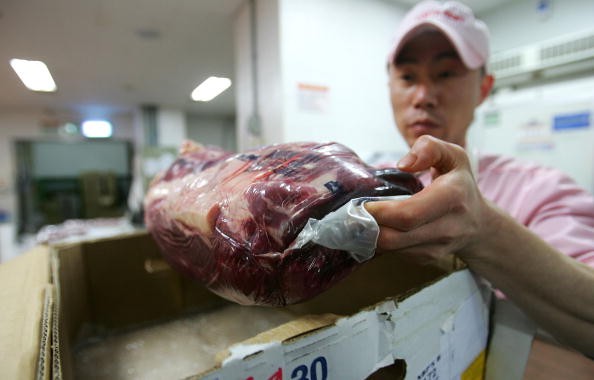Brazil has surpassed Australia as China's top source of imported beef, China Daily reported.
Imports are currently heading for a record as the beef-hungry nation continues to experience production deficit and increased per-capita income, the article added.
During the first half of 2016, Brazil's amount of beef imports to China has increased by 65 percent, thanks to the region's ample supples and economical prices.
Some of the firms that are gaining a more secure share in the second largest beef market are JBS SA, Minerva SA and Marfig Global Foods SA.
Coming behind the U.S., data shows that China sees a rising demand for the said meat product. Experts claim that this increase can be traced to the country's economic growth for the past decade, helping expand the middle class and allow them to afford more protein in their dietary consumption.
The popularity of Brazil-imported beef marks as the product's successful comeback in the Chinese market after the mad cow epidemic issue in the South American nation.
After the disease hit Brazil in 2012, China has announced an embargo on Brazilian beef imports, only ending it in May last year.
Apart from the factors coming from the Chinese market, the increase in the import figures can also be attributed to the beef surplus in Brazil. The country currently faces a slowdown in domestic demand.
For Miguel Gularte, head of JBS's Mercosul unit, "China will have a major impact on the beef trade," adding that the country is "a fantastic market for Brazil."
Gularte noted that China has "hundreds of millions of people moving to consume red meat."
Estimates from the Organization for Economic Co-Operation and Development show that the per-capita beef consumption in the country could hit a record-breaking 3.864 kg this year.
As the beef production appears to fail in keeping up with the local demand, imports for this year is expected to rise by 22 percent to 1.23 million tons, the U.S. Department of Agriculture predicted.
However, the improved Sino-Brazilian ties are not only seen in the agricultural sector as China has also invested heavily in infrastructure and automobile production.
In a data released by the General Administration, bilateral trade between the two countries reached $71.59 billion in 2015.



























